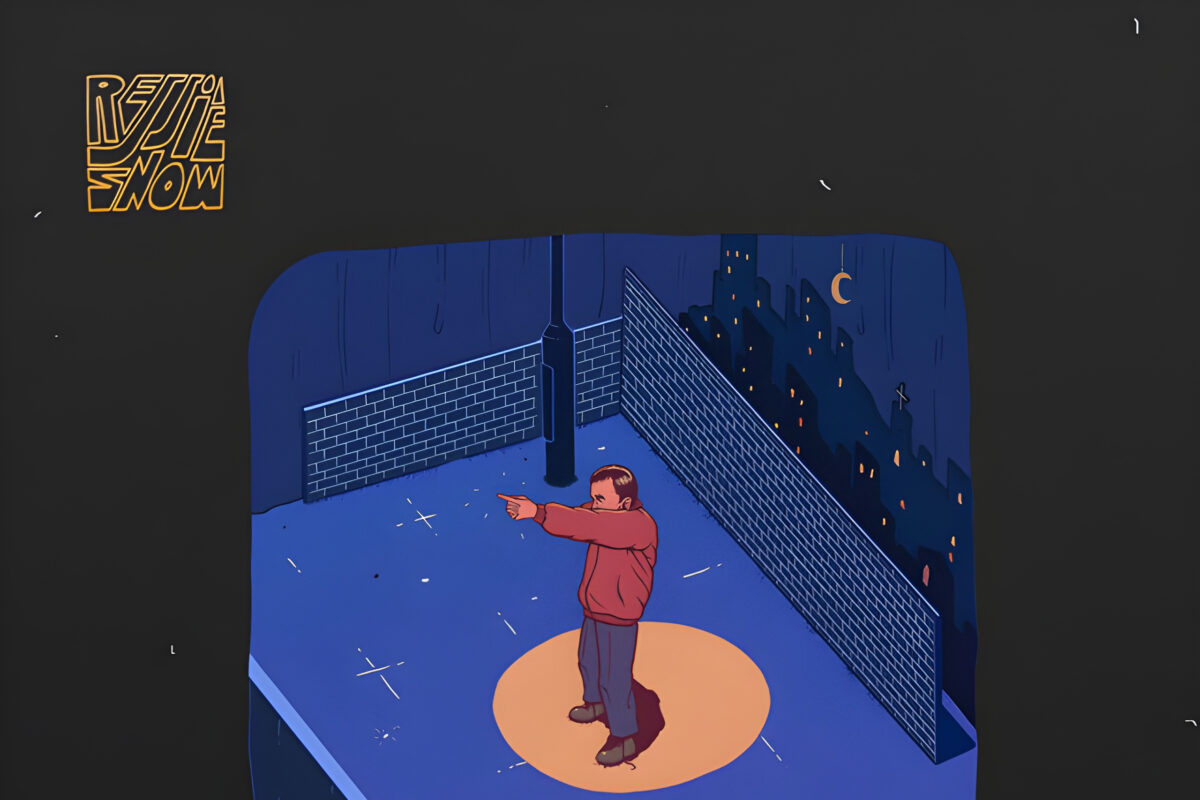Released: 2016
Rejjie Snow’s ‘Pink Beetle’ presents a contemplative exploration of survival, identity, and personal integrity against the backdrop of the modern world. Through an artful weaving of spiritual references, social observations, and personal revelations, the song paints a picture of navigating life’s complexities, focusing on maintaining resilience whether in success or adversity.
The recurring chorus of ‘Pink Beetle,’ with its repeated plea of ‘Swing low, swing low,’ can be seen as a spiritual grounding, possibly referencing the traditional spiritual song ‘Swing Low, Sweet Chariot.’ The phrase suggests a call for protection or rescue amidst life’s turmoil. This section emphasizes staying ‘alive’ regardless of circumstances (‘Be it Heaven or Hades’), suggesting an unwavering determination to persevere.
Opening the song with a twist on ‘The Lord’s Prayer’ aligns Rejjie Snow with a deep, spiritual consciousness. He establishes a direct connection to the divine, framing the struggle on Earth in spiritual terms, indicating a constant seeking of guidance and higher meaning. The ‘chariot waitin” could be metaphorical for being prepared to face any fate, whether it leads to triumph or disaster.
In the verses, Rejjie navigates the challenging terrain of authenticity in the rap industry. His critique of others as ‘playin’ rappers, greatest actors’ suggests disillusionment with the insincerity he perceives in the industry. He sets himself apart as genuine and introspective, proclaiming this period as his ‘greatest chapter,’ contrasting his approach to life with the facade he sees in others.
Continuing his narrative, Snow conjures imagery of bodies and mummification, possibly as a metaphor for people trapped by societal expectations or their own pasts. His self-identification with the ‘Zulu with the shackles’ underscores a yearning for liberation and empowerment, acknowledging his cultural roots while expressing a desire to break free from historical and modern-day constraints.
Snow transitions into reflecting on the pressures and stereotypes he faces (‘gold teeth and tattoos’). His concern over conforming to destructive behaviors that are glamorized within the rap community is palpable, as he battles with these expectations. The potential to ‘crash Mercedes’ becomes a metaphor for losing control or self-destruction, which he seems keen to avoid.
Amidst his contemplations, Snow introduces moments of personal realism and mundanity—’chicken grease up on my sweater,’ and ‘fast food and bad mood.’ These relatable, everyday scenarios serve as reminders of his humanity and grounding despite the allure of fame. It’s a powerful acknowledgment that despite external success, one can still struggle with ordinary challenges.
Rejjie Snow’s tribute to family (‘Portraits of my mama’s face, poppa knows I’m sayin’ grace’) signals an anchoring in his heritage and values. This imagery suggests reverence and a sense of responsibility towards his family, recognizing their role in his life and success. The chariot, as previously mentioned, is also a nod to divine intervention or support in this life journey.
By referencing ’93 my born date’ and claiming his ‘penmanship will resonate,’ Rejjie expresses a strong sense of self-awareness and ambition, seeking to ensure his legacy endures despite potential future setbacks. His dedication to his craft as a medium to inspire (‘try to educate’) rather than conform highlights his resolve to transcend mere imitation and become a genuine voice.
Rejjie concludes by reconciling past adversities with his current position, blending feelings of frustration and vindication. As he raps about his rise amidst the noise (‘Rejjie-this and Rejjie-that’), the song captures a sense of having arrived, tempered by an awareness of the ongoing challenges that remain. The repetitive hook reinforces this resolve, with angels and chariots symbolizing spiritual and emotional support throughout his journey.








